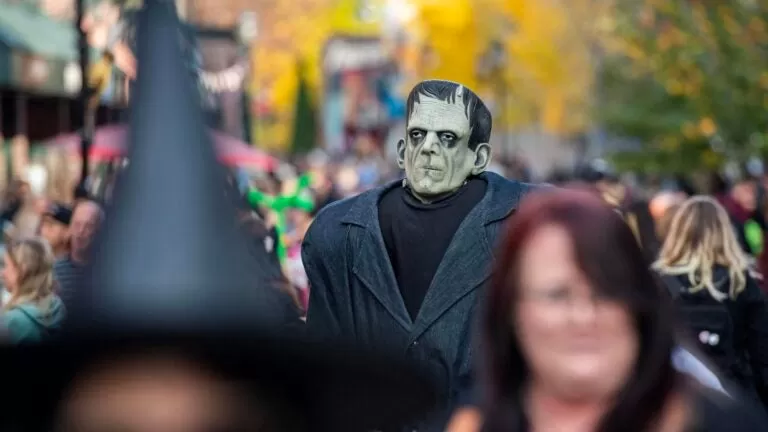Generation Anxious: The Unsettling Choice of Parenthood in a Climate-Stressed Age
Share- Nishadil
- October 29, 2025
- 0 Comments
- 3 minutes read
- 38 Views

The Climate Conundrum: Is It Fair to Have Children?
For many, the dream of having children is now shadowed by profound climate anxiety, forcing a wrenching ethical and emotional reckoning. This generation grapples with the immense question of bringing new life into an uncertain, warming world.
There's a question, you know, that whispers to some and screams to others, particularly now: Should we even bring children into this? It’s a profound, almost primal query, yet it’s not about capability or desire alone. No, it’s increasingly tethered to something far larger, far more unsettling than just personal choice; it's about the very future of our shared home, our planet.
Climate anxiety, or eco-anxiety as some call it, isn't just a distant concern anymore, not really. It’s moved from the abstract pages of scientific reports right into our living rooms, into our most intimate conversations, shaping, sometimes even dictating, life-altering decisions. And perhaps nowhere does it cast a longer, more disquieting shadow than over the prospect of parenthood.
Imagine, for a moment, yearning for a child, for that unique joy and chaos only a family can bring. But then, an almost immediate, gnawing counter-thought: What kind of world will they inherit? It’s a deeply ethical quandary, isn't it? A struggle many young adults and couples now face, grappling with the perceived injustice of exposing a beloved, innocent life to potential environmental upheaval, to scarcity, to a future that feels, frankly, less than secure. You could say it's a love burdened by foresight.
Of course, the decision is rarely black and white. For some, the thought of foregoing children feels like a betrayal of their own hopes, a surrender. Yet, for others, the choice to remain child-free becomes an act of environmental solidarity, a deeply personal, albeit painful, stand. But really, is it fair to ask individuals to shoulder such an immense global burden in their personal family planning? It’s a question that honestly doesn’t have an easy answer, because individual agency often clashes, quite fiercely, with collective responsibility.
The psychological toll here is immense, often underestimated. The constant hum of worry, the guilt—oh, the guilt—of even contemplating bringing a new consumer of resources into existence. And let’s not forget the societal pressures, either subtle or overt, that still push towards traditional family structures. It creates a peculiar kind of isolation, this particular brand of anxiety, where deeply personal choices become tangled with existential, planetary concerns. It’s a lot, truly.
But here’s the thing, despite the weight of it all, humanity often finds its way towards hope, towards action. For some, having children in this era becomes an act of defiant optimism, a commitment to fight for a better world, to raise conscious citizens. For others, channeling their anxieties into activism, into advocating for policy change, becomes their chosen path. The truth is, there’s no single ‘right’ answer, just a deeply personal journey through a landscape that none of us truly asked for, but all of us must navigate.
So, as these conversations continue to unfold—in hushed tones, in heated debates, and certainly within the quiet confines of our own minds—perhaps what’s needed most is understanding. Understanding for those who choose not to have children due to climate fears, and empathy for those who choose to, holding onto a glimmer of hope. Because ultimately, this isn't just about reproduction; it’s about our collective future, about what it means to be human on a planet that’s changing, fast.
Disclaimer: This article was generated in part using artificial intelligence and may contain errors or omissions. The content is provided for informational purposes only and does not constitute professional advice. We makes no representations or warranties regarding its accuracy, completeness, or reliability. Readers are advised to verify the information independently before relying on







